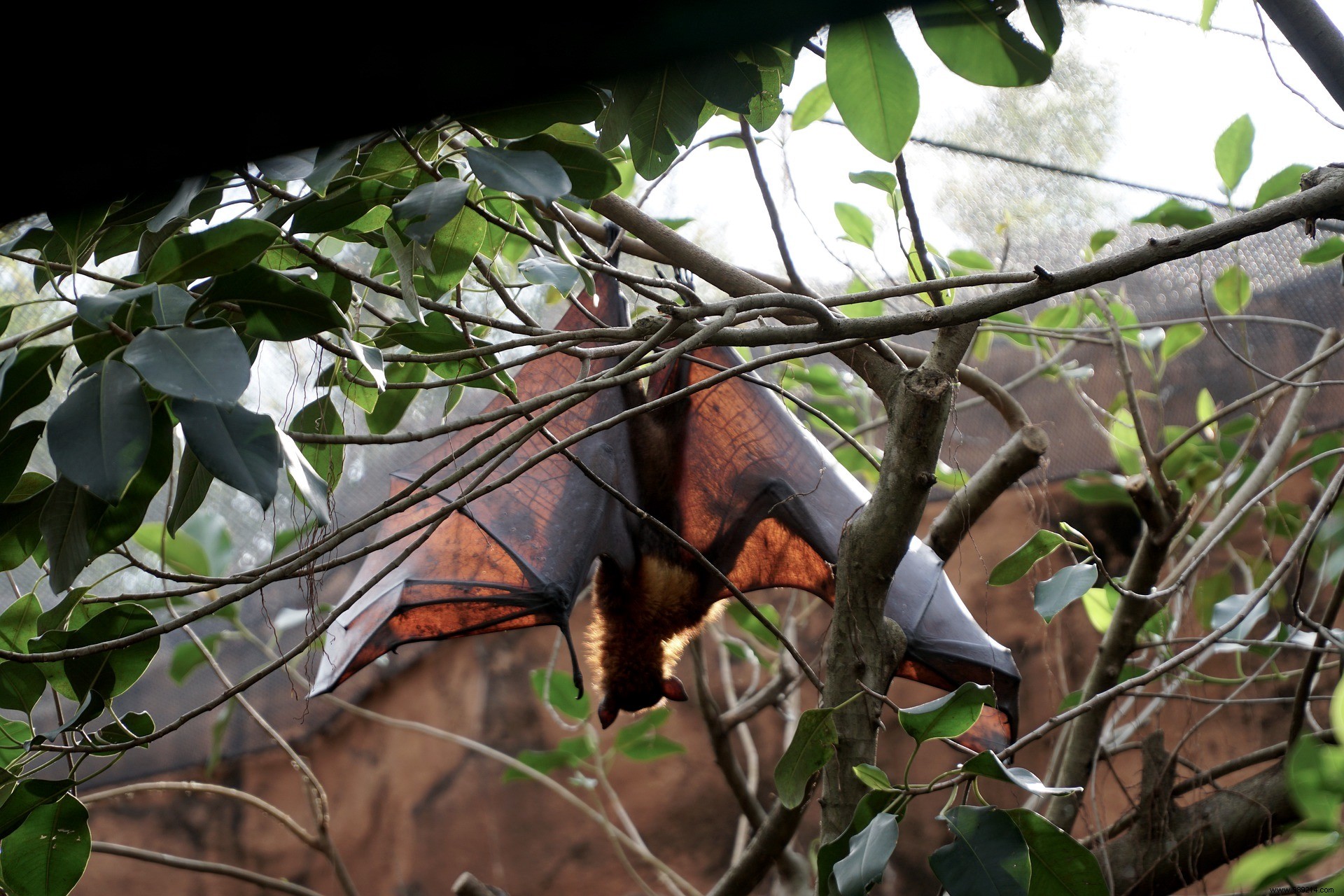The southern Indian state of Kerala is racing to contain a possible Nipah virus outbreak after a twelve-year-old boy dies years a few days ago. Dozens of contact cases have been identified, tested and placed in quarantine.
The young boy, suffering from a high fever, had been taken to a private clinic in the city of Kozhikode, in the state of Kerala (southern India) on August 29, according to Indian media. If the doctors suspected an inflammation of his brain (encephalitis), the analysis of his blood samples, made at the National Institute of Virology, confirmed a Nipah infection. He finally died on the morning of September 5.
Over the past few days, government authorities have intensified their efforts to identify contact cases. According to state health minister Veena George, 188 people had been identified as of Monday. Among them, twenty of them were considered high-risk primary contacts (mostly family members). All have been tested and placed in strict quarantine. Among them are also two health workers who came into close contact with the victim. Both were eventually admitted to a hospital for the same symptoms.
Neighboring districts in Kerala state are also on high alert to monitor for possible new cases. This is the second time in three years that the start of an outbreak of Nipah virus has been reported in Kerala, where more than 40,000 new cases of Covid-19 are currently being reported daily.

Recall that Nipah is a virus carried by fruit bats of the Pteropodidae family. The pathogen can be transmitted to other animals, including pigs, dogs, cats, goats, horses, sheep. Humans can also become infected through these species , or handling fruit or fruit products (such as raw date palm juice) contaminated with bat urine or saliva infected.
An infected human may be asymptomatic or develop a fever for three days to two weeks, followed by a cough, sore throat and respiratory problems. The disease then progresses causing seizures, coma and life-threatening brain swelling.
The disease, first identified in 1998 during an outbreak in Malaysia, has a relatively low incidence rate. On the other hand, the death rate is very high (40 to 70% of infected people die). Its long incubation period (up to 45 days) and ability to infect a wider variety of animals also make Nipah a major concern for epidemiologists. Especially since no treatment or vaccine is yet available.